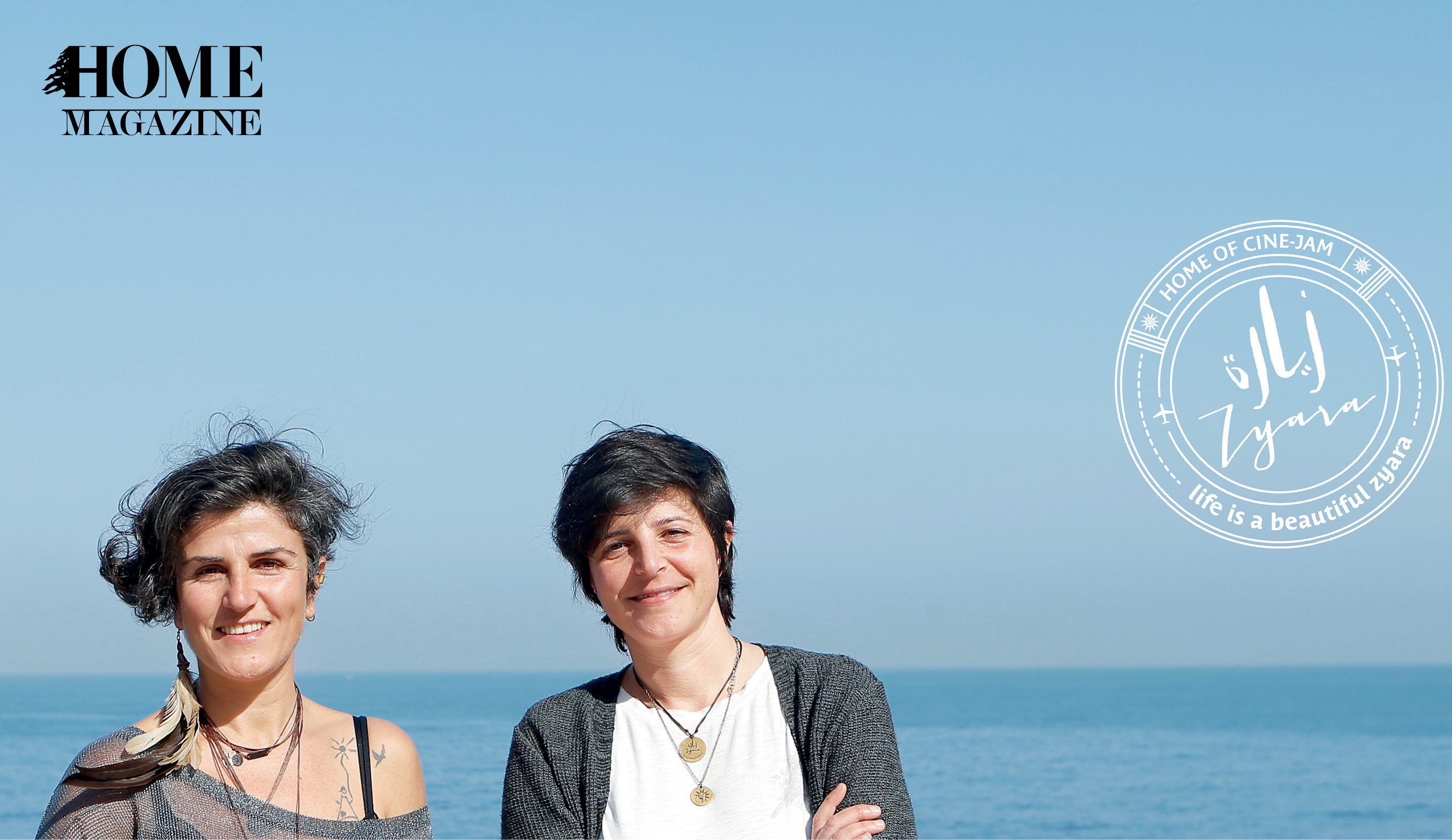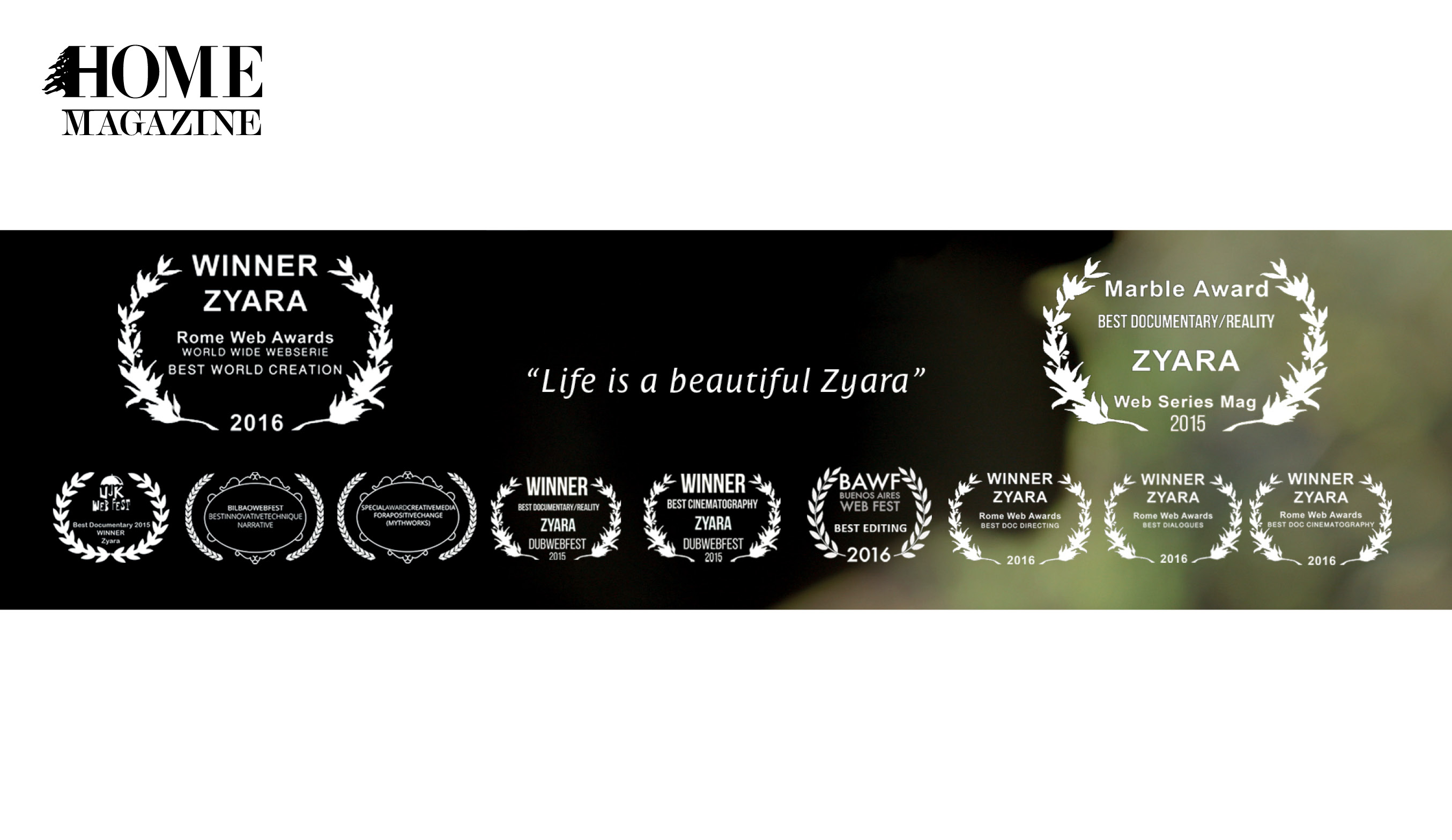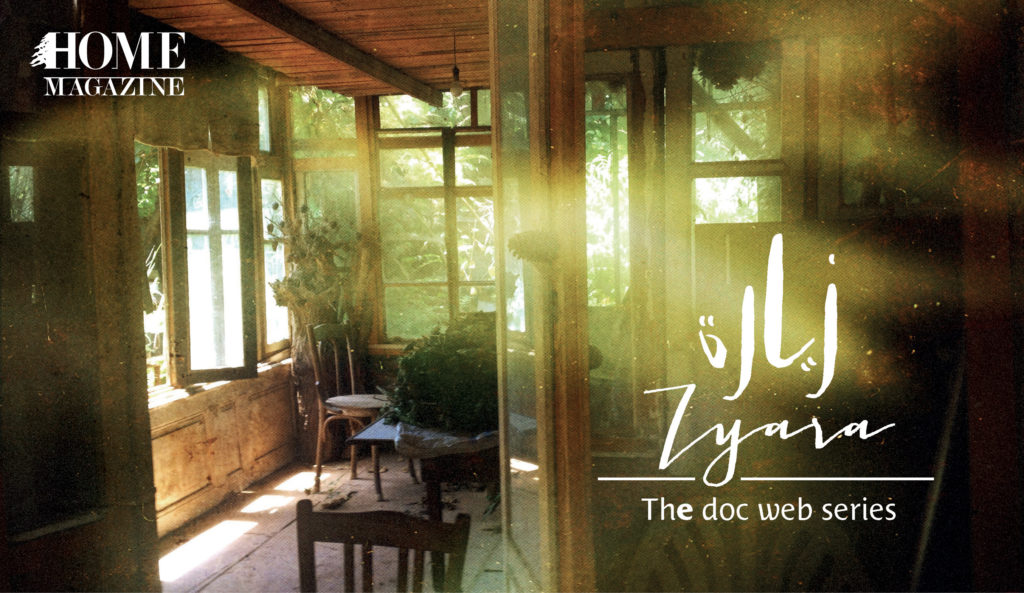In a short window of five minutes, uplifting, powerful, and sentimental narratives unfold. Sometimes their words reveal deep wounds. In others, happy memories and inspiring words are channeled. Zyara skillfully portrays parts of its subjects’ stories, emotions, and souls.
Poetic storytelling
The storytellers selected are brave and resilient everyday people, ready to share their stories. One woman was born with dwarfism while another suffered severe burns as a toddler. One young man was orphaned while another got hooked on hard drugs. One woman endured the death of her child, while another man waxes nostalgic over the glorious days of the past.
Zyara usually begins with the host recounting a poignant experience through poetic storytelling in a powerful interplay of words, images, and sound. The docu-webseries, which just won the Inspirational Achievement Award by Copenhagen Webfest 2019, was created by HOME of Cine-Jam, an association for humanitarian art.
“There is no auto-censorship here. Our aim is to feature people who show authenticity, courage, and have a positive outlook on life, who are able to see beyond the darkness,” explains filmmaker Muriel Aboulrouss. She makes one half of HOME of Cine-Jam with Denise Jabbour serving as the creative producer.
Four seasons (or 48 episodes) of Zyara exist, with the most recent season launched in summer 2019. To maximize online views, episodes are deliberately kept short. It takes one year to produce a season, between recruiting storytellers, filming, editing, and uploading a bundle of 12 episodes onto the web.
“I saw so much money being thrown on a 30-second ad. I saw how the consumer was lied to and nothing was authentic.”
A teamwork labor of love
Jabbour was the initiator of Zyara. Prior to that, she worked in the Gulf as a producer for a leading advertising agency. “I slowly became disillusioned with the advertising industry, where I saw so much money being thrown on a 30-second ad. I saw how the consumer was lied to and nothing was authentic. In 2007, I decided to come HOME to Lebanon where I can tell stories,” she says.

Aboulrouss’ portfolio is steeped in nonfiction films, such as Mercedes and Ya Omri by Hady Zaccak, and fiction films such as Michel Kammoun’s Falafel and George Hashem’s Stray Bullet. While Aboulrouss and Jabbour had their own projects, the two would occasionally join forces over the next seven years to work on the same documentaries, feature films, series and reality shows, such as the Emmy-winning Arabic web series, Shankaboot.
Business waned for the creative duo in 2014. “It was a bad period economically, and work was slow for us,“ says Jabbour. However, this lull was productive for the pair and their crew as it allowed them to experiment with a new idea for a web series. Jabbour describes herself as a curious and uninhibited person. “I can easily ask strangers how they are or what they have been doing in life. I have a genuine thirst to know. I had this idea to ask four to five people to talk to us about their lives on camera,” she says. She shared this concept with Aboulrouss who was also keen to work on it, so long as she would have total creative freedom.
While documentaries usually follow a template, Aboulrouss eschewed the conventional method. “I didn’t want the standard boring head shot interview. I wanted to be inspired by their stories so I could paint them again under a different light.” The result is visually mesmerizing and powerful.
Advocating love, acceptance, and human bonding
Zyara, or ‘visit’ in Arabic, is fundamentally about connecting with others. “The human connection is reduced in today’s society. People are so busy and most tasks are done on a computer and a smartphone,” laments Jabbour. The team spends three hours with each subject, including filming, hanging out, and dining together. In fact, a long-lasting bond develops between them and they always remain in contact with their web stars. “We become part of their lives,” adds Aboulrouss. “We offer a platform that is non-sectarian, non-judgmental, non-gender based, non-political, nonreligious and so forth, and it’s really about our human need to be accepted, to love and be loved. So let’s film in the name of that!”
“The only disability we have witnessed is the inability to love oneself.”
Zyara filming process
Jabbour normally loosens up her subjects by asking them questions in a gentle non-intrusive way while Aboulrouss records their interaction. She also films the milieu to get a holistic sense of the subject.
Participants watch the final web film before it is launched online. “It’s a mind-blowing moment to see their reaction to the film,” shares Aboulrouss. “We are all partners in this together, and we are very protective of their image and identity. After all, the episode remains on-line indefinitely, and we want them to see it 10 years down the line and still feel proud of it.”

The main motivation to be featured in Zyara is to help others through their personal narrative. Aboulrouss points out that participants unwittingly become “heroes.”
Zyara alumni success stories
In fact, many participants have had very positive outcomes since being on the show. Bassem Fayad, a cinematographer, talks about going through years of depression. After the episode aired, Fayad was contacted by over many people on social media who told him they could relate with his story. Afaf Merheb, a graphic designer who was born with dwarfism, was later contacted by others with the same condition and called a hero. Rabih Jammal is a visually impaired man who received a law degree with the help of his mother who would read to him. However, he could not find employment thereafter. The week after the episode was aired, he received a job offer from a reputable company on Mother’s Day. Jammal also went onto run the Beirut marathon and set up a charity to train other visually-impaired people to follow the same track. “The only disability we have witnessed is the inability to love oneself,” says Aboulrouss.
Two dreamers: one goal
Jabbour and Aboulrouss make a fantastic team as both are unequivocally and wholeheartedly committed to Zyara. They have been friends since their university days and have always shared a passion for the arts. However, they are both quite different in character, but in a complementary way. Aboulrouss is feisty and fiery, while Jabbour emanates a calm and serene presence. The latter attributes her character to her childhood and life choices. “I grew up in a large loving family and our HOME was open to everyone. All the neighbors would hang out at my place. We were six siblings and our nine cousins next door would always join us,” says Jabbour. She compares her neighborhood, Corniche el-Mazraah, to a small village where everyone knew one another. “We had residents from all religions and it was a really lovely community. Our house was always full. During the thick of the Civil War, our Muslim neighbors would bring us supplies and protect us like family. My childhood HOME was just filled with love and kindness. It was like a fairytale,” she adds.
Jabbour attributes her love for the arts to her father, who is a professional photographer. He is even featured in the first season of Zyara (episode 6).
“My father is very much in touch with his emotions. In the episode he expresses himself and cries. He is not shy about it,” says Jabbour. “In fact, I grew up encouraged to express my emotions too. Also, we used to kiss and hug each other earnestly every morning before going to school, in case this was the last time we saw one another. This was just how we lived. Money was never a goal in our household. It was a means to receive people and feed them. This is where my love for people started,” says Jabbour.

Twenty individuals (10 core members and 10 volunteers) make up the Zyara production team. “They are like family now and we have developed a very close-knit bond,” continues Aboulrouss. Some people even volunteer and work with no pay when funds run dry just to be part of this project. No profits are generated from these web series and most of the funding comes out of their own pockets.
Grants mounting to 10 percent of the cost have come from the U.S. Embassy and more recently the Doha Film Institute in Qatar. “Ideally if we can secure a sponsorship with a humanitarian or an entity that loves the arts so that we can continue this project indefinitely,” adds Jabbour.
When not filming the Zyara team is busy promoting the series both in film festivals Lebanon and abroad. Every year, they participate in the Mediterranean film festival in Batroun and are part of the closing ceremony. “We get a standing ovation, ranging from children to pensioners. It’s really moving. Zyara is an investment in an experience that is life changing. We are documenting these important stories and lessons for eternity,” says Aboulrouss. In addition, they conduct all-day screenings for students and faculty at select local schools, followed by a Q&A session. These events serve to raise awareness, provide emotional education and empower the youth. Zyara also spreads its message through media coverage and wellness events.
The women envision Zyara going global one day, where they can branch out and document people from all parts of the world. “Today, we may inspire a hundred people but one day it could be millions. Maybe we can even start a happiness village, one that is void of emotional constipation!” exclaims Aboulrouss. With such passion and tenacity behind Zyara, who knows? The show may one day manifest into its creators’ dream as a global sensation acclaimed for its artistic and humanitarian values.
For more info:
Instagram @Zyaramakers @lifeisabeautifulzyara
https://www.facebook.com/homeofcinejam/
www.HOMEofcine-jam.com

































